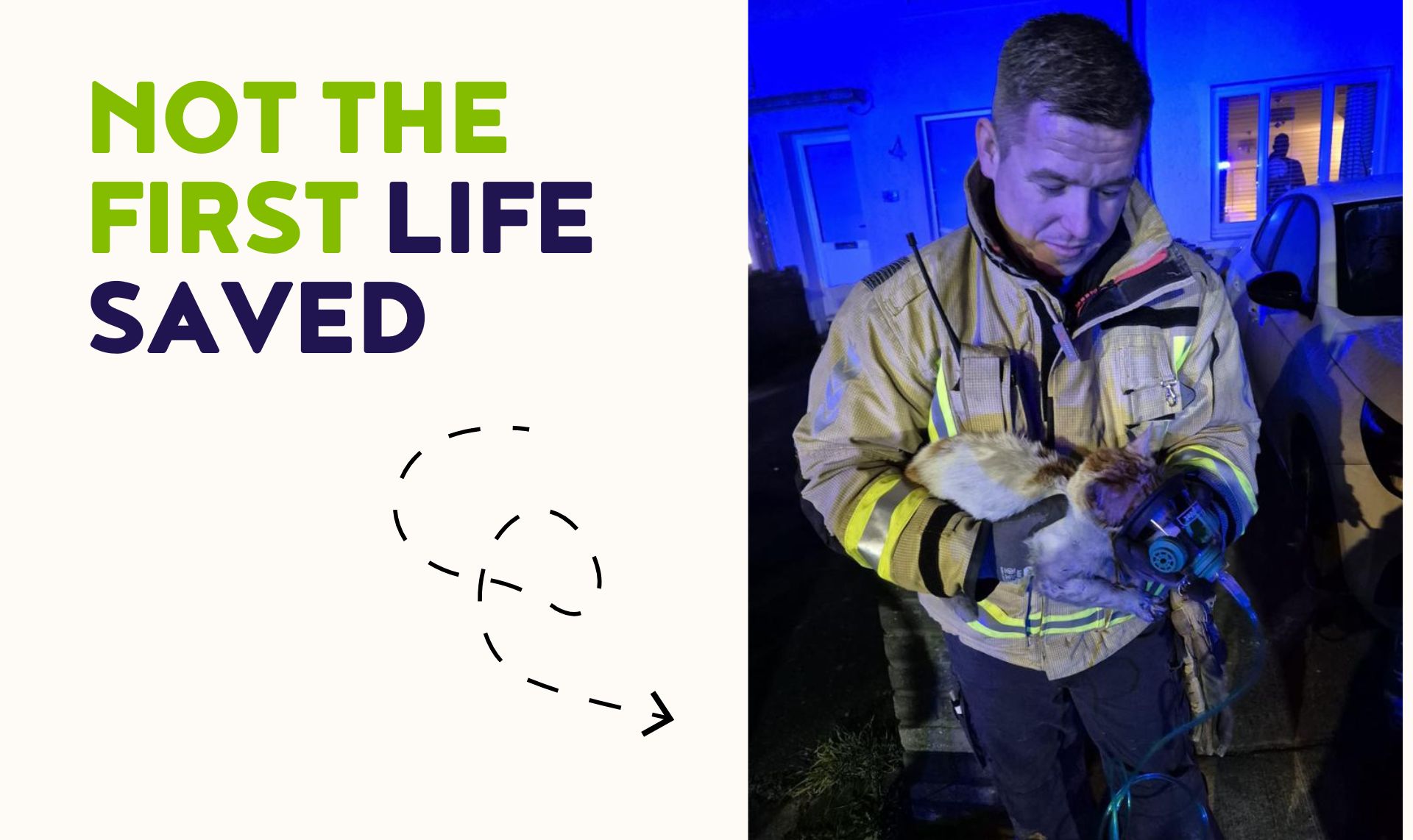Many of us will be having a quiet Christmas this year; whether it’s spent with close friends and family or with our pets. However, there are always dangers lurking in the shadows cast by trees, lights and tables full of food.
With that in mind, there are signs you can watch for and steps you can take to ensure that the last of 2020 passes without a visit to us!
Fireworks…
Fireworks, for all intents and purposes, are the single greatest stressor for pets. Imagine you’re a dog who has no context of what fireworks are, now imagine a loud, disembodied BOOM going off outside your crate. You’d be scared too, we bet. But dogs aren’t the only animals affected; horses can spook, rabbits can panic, birds can literally have heart attacks, fish… well, fish aren’t too bothered.
Regardless, now is the time to start putting some thought into how you can mitigate the inevitable; whether you have access to a room with good sound dampening or if you can pad out your animal’s enclosure with noise reducing materials. Any efforts taken now are, put simply, better than doing nothing at all.
Visitors and Guests
Having friends and family over is a common staple of the festive period and there’s no doubt it will be a very distant affair, however it is expected that many will be travelling over the Christmas period to spend precious time with the ones they hold most dear. Yet for your pet this can be a strange time!
If you’re having family home that isn’t normally at home, we encourage you to introduce your pet slowly and gradually to these visitors. This is the best way to avoid a stand-off with what your pet may perceive to be a threat. This gradual introduction also ensures that your pet has the appropriate time to get used to a new person’s smell and sight. The logic behind a lot of these tips is quite simple, but it’s hard to argue with their effectiveness when put into practice!

Indoor/Outdoor
Well, it’s a matter of personal opinion, but with the weather gradually becoming colder we often recommend that pets are brought indoors during this time of year. Of course, this simply isn’t feasible for many families, so adapting your pet’s outdoor living quarters to colder climates is the best way to go.
For outdoor cats and dogs, make sure their houses are insulated. A weighted blanket or soft pet bed can make the world of difference on a chilly December night. A good rule of thumb is: “If it’s too cold for you, it’s probably too cold for your pet.”
Sweets, Chocolates and Decorations
While a lot of the festivities surrounding Christmas and the New Year include gatherings and setting off fireworks; chocolates, sweets, crisps, drinks and decorations (of all things) are plentiful too. It is very easy for kids and adults alike to forget that cats and dogs are unable to eat chocolate or sugar-free sweets. Always be aware of the sweets you let fall on the ground as most pets will instantly lick them up or scurry off with them. Glitter, lights and decorations also pose a risk to your pet’s health, so if you see them running off with a bauble or tinsel be sure to get it off of them!
If you do own a pet and you’re hosting a socially-distant gathering, make sure that your furry companion is kept well away from the main thoroughfare of guests and revellers. A quiet back room is normally ideal for this purpose, as long as the animal has plenty of food and water and is regularly checked in on.
We hope these tips will help you and your pets have an especially joyous and safe Christmas this year! Don’t be afraid to get in touch if you have any queries regarding the festive period or are in need of some pet advice. We’re always on call to help!
From all of us here at Village Vets, Nollaig Shona duit!




